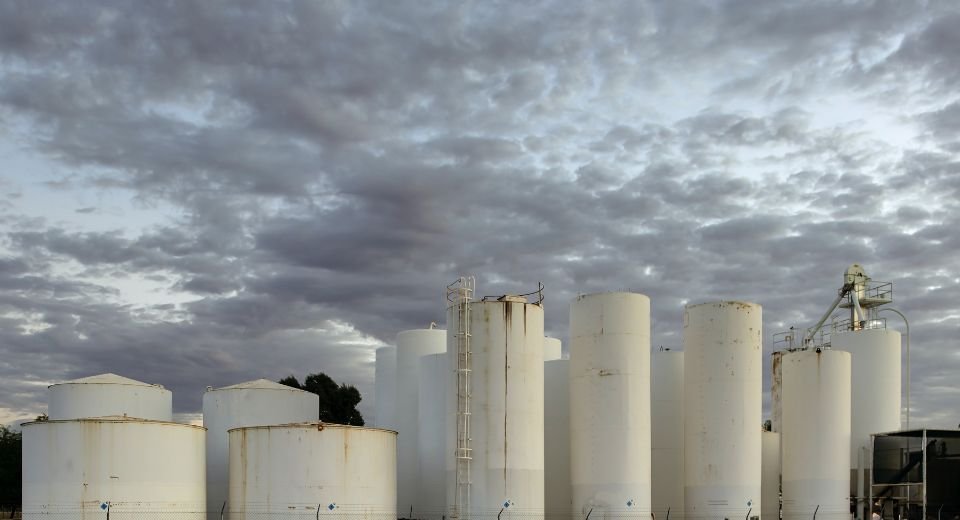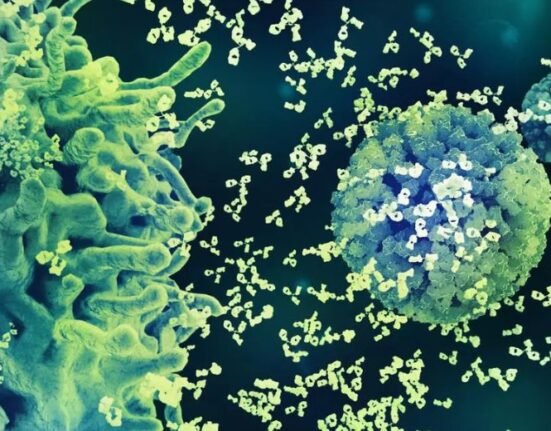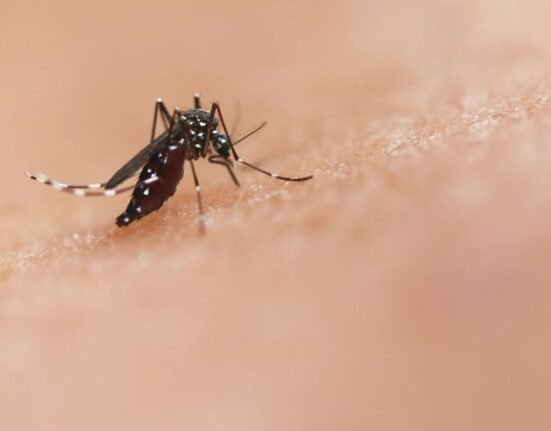HQ Team
April 18, 2023: Jubilant Ingrevia, an Indian public-listed company, has commissioned its new global-scale acetic anhydride plant at its facility in western India’s Bharuch.
The plant in Gujarat state will add about 60,000 mt , scaling Jubilant Ingrevia’s overall annual acetic anhydride capacity to 210,000 mt.
According to a BSE filing, the enhanced capacity will also help the company increase its global presence in various geographies globally.
Locally, the increase in capacity will further strengthen and consolidate Jubilant Ingrevia’s position as a market leader, according to the statement.
“For several decades now, Jubilant Ingrevia Limited has been regarded as a ‘partner of choice’ globally for supplying acetic anhydride for various end‐usages.
“With this additional capacity, Jubilant Ingrevia can also provide an opportunity for its global customers to further expand their downstream products across end‐user industries, such as pharmaceuticals, agrochemicals, food, and vitamins,” and other wood acetylation, electronics, and dye industry.”
More than 1,500 customers
Jubilant Ingrevia is a globally integrated life science products and innovative solutions provider. The company has over 2,100 employees and serves over 1,500 customers in more than 50 countries worldwide.
The company’s portfolio also extends to custom research and manufacturing for pharmaceutical and agrochemical customers on an exclusive basis.
Acetic anhydride, a colorless liquid with a characteristic sharp odor, is used in making plastics, drugs, perfumes, explosives and aspirin.
Some of the countries in South and South-West Asia, including India, acting within the framework of the 1988 Convention, have taken measures to regulate the precursors or substances known to be used in the illegal manufacture of illicit drugs.
India was one of the earliest countries to ratify the 1988 Convention, which it did in March 1990.
Largest maker, exporter
The South Asian nation is the largest manufacturer and exporter of essential chemicals in the South and South-West Asian regions. It is also an importer of many precursors or substances that are meant for the lawful purpose of feeding its wide industrial base.
Some of these precursors may find their way to clandestine laboratories in other countries, thereby fostering the production of narcotic drugs and psychotropic substances for the regional and global markets, according to UNODC.
The authorities are concerned that unless they remain vigilant, there is a danger that the precursors it manufactures or imports may find their way into the illicit production of narcotic drugs and psychotropic substances within the country.
In response to reports that acetic anhydride was being diverted for the illicit manufacture of heroin and methaqualone within the country and being smuggled out of the country for such illicit purposes, India declared this precursor a “controlled substance” in April 1993.
Voluntary disclosures
A subsequent amendment removed a threshold limit to capture all sales, irrespective of the quantity. It was followed by voluntary disclosures with strict controls by the nation’s Narcotic Control Bureau.
There are 12 major manufacturers of acetic anhydride in India.
Since it is widely used for industrial purposes, its production and trade cannot be prohibited. Despite India’s large capacity to manufacture acetic anhydride, some quantities are imported into the country, so a license is required.








